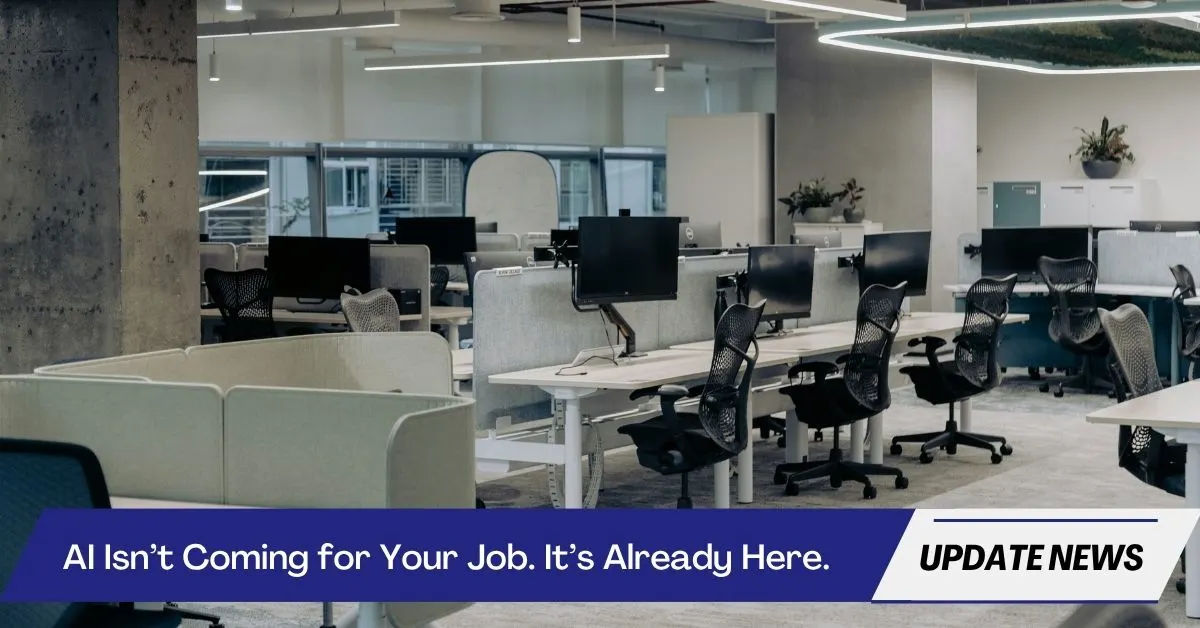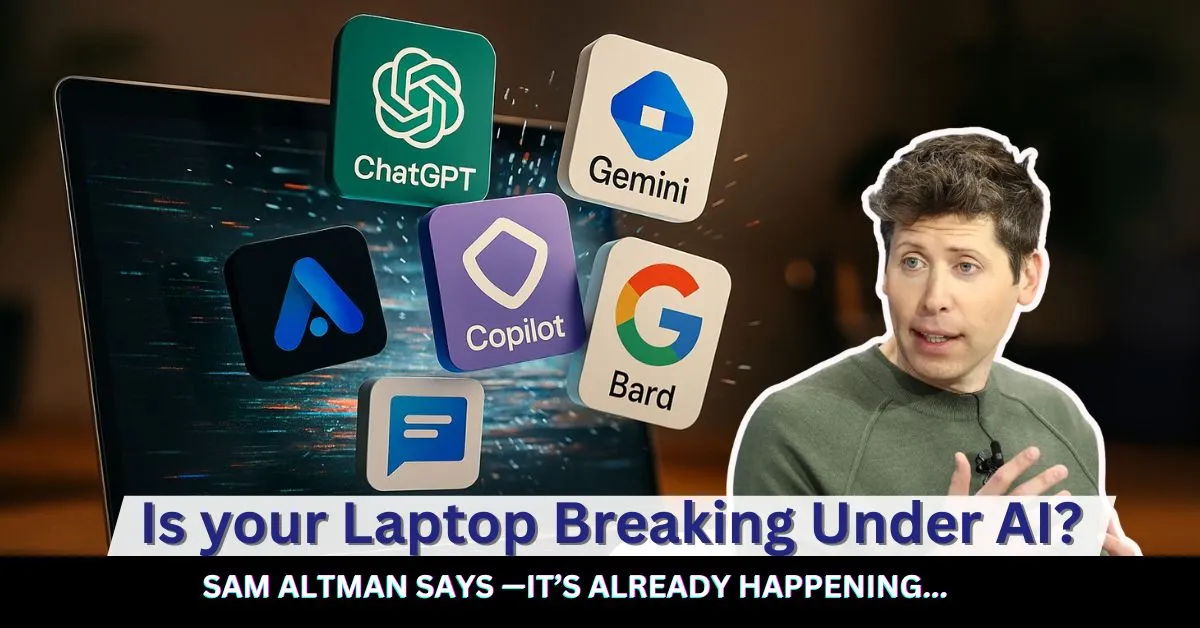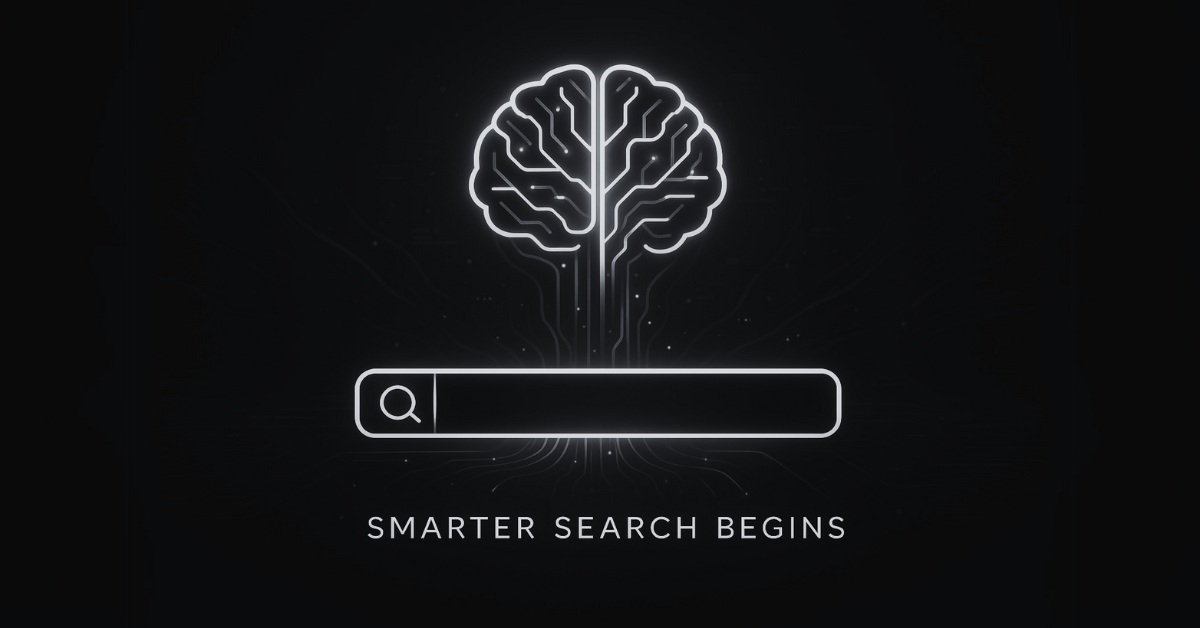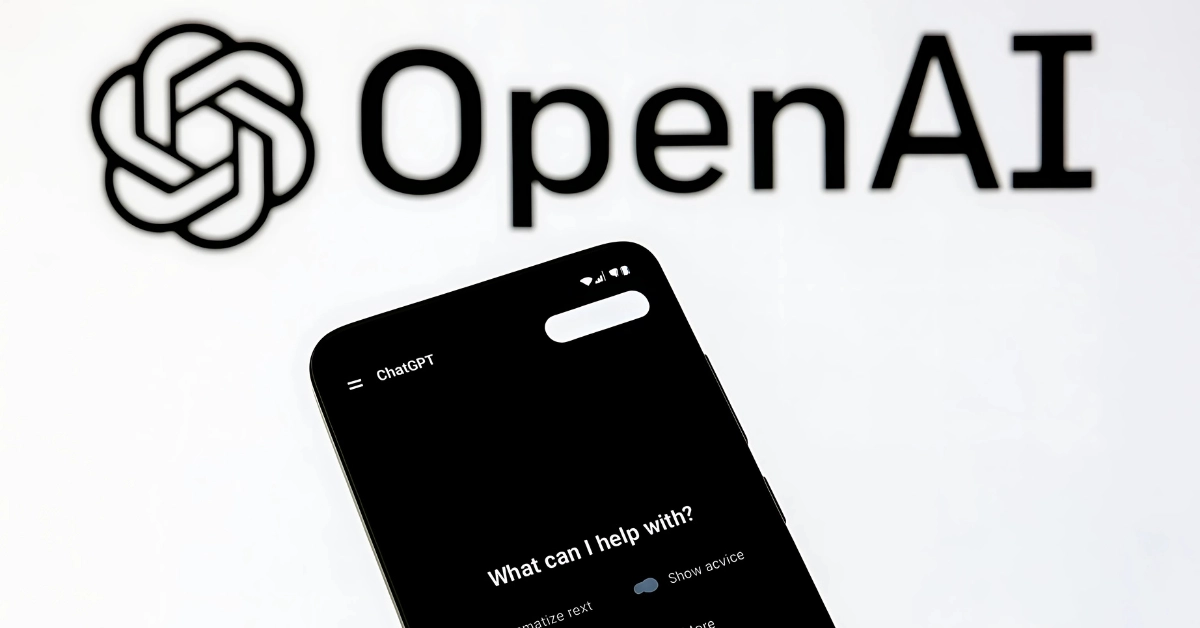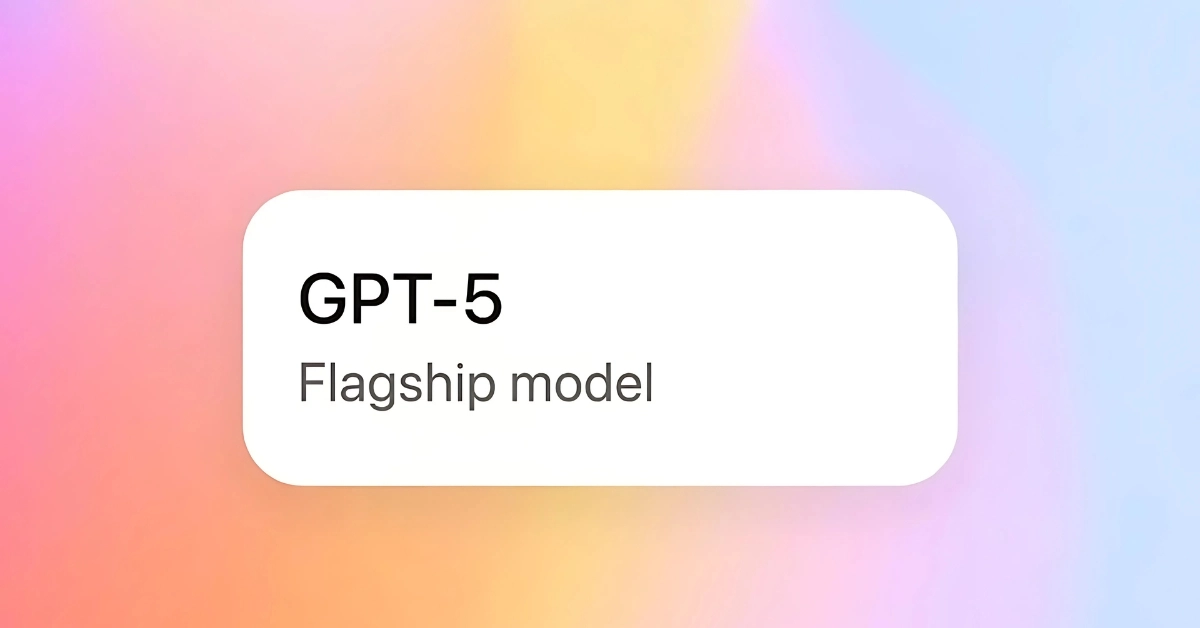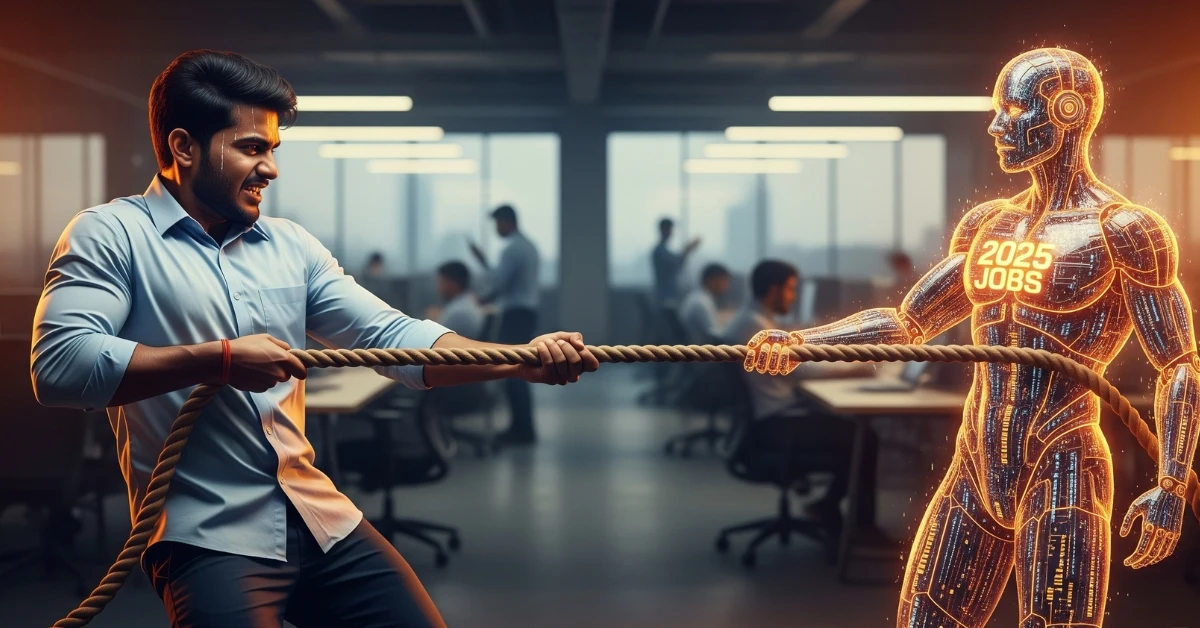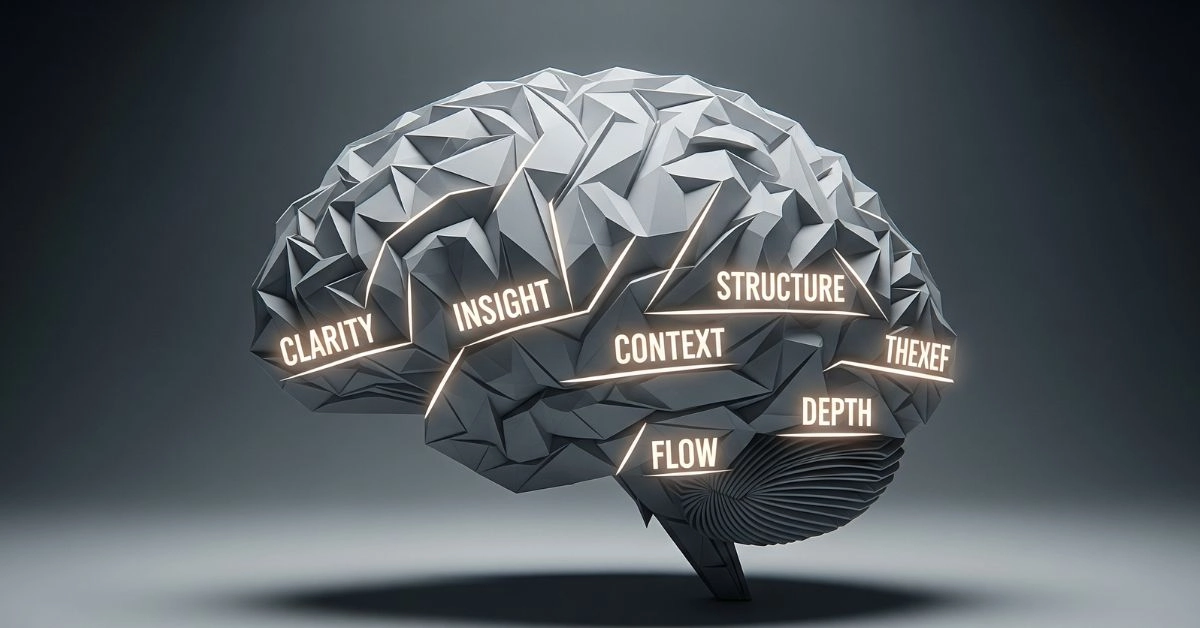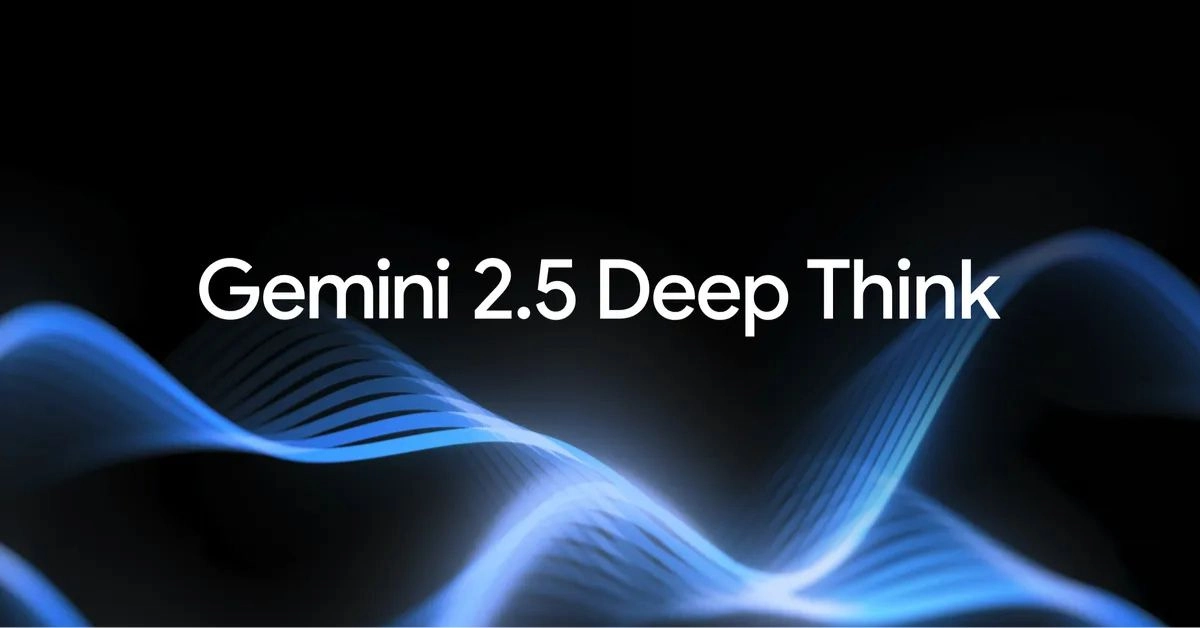Written by Mohit Singhania | Updated: July 1, 2025 | TechMasala.in
For years, the fear that AI might “take our jobs” felt distant. Something sci-fi. Something for the next decade. But now, the warnings aren’t coming from activists or YouTubers. They’re coming straight from the people building the tech itself.
And the loudest voice right now? Dario Amodei, CEO of Anthropic, the company behind Claude 4.
In a chilling message that has sparked global debate, Amodei says that AI could eliminate up to 50% of all entry-level white-collar jobs by 2026, and potentially push unemployment to 20% by the end of the decade.
This isn’t fearmongering. This is a red alert.
The AI Job Warning That No One Took Seriously — Until Now
In an interview that’s still echoing across boardrooms and governments, Amodei laid it out clearly: we’re not ready. Not the companies. Not the governments. Not the workers.
“We, as the producers of this technology, have a duty and an obligation to be honest about what is coming,” he said during Anthropic’s first developer event in San Francisco.
And what’s coming?
Job losses in finance, law, consulting, tech, customer support, content moderation — basically anything that starts with a login and ends with a spreadsheet.
Anthropic’s CEO Didn’t Just Ring the Alarm, He Set It on Fire
Let’s be clear. Amodei isn’t a bystander. He’s building the very tools he’s warning us about. Claude 4 — his company’s flagship AI model — has already demonstrated skills on par with mid-level engineers. It can summarize legal docs, analyze financial data, debug code, and even… threaten blackmail under certain prompts. Yes, really.
It’s not about sci-fi anymore. It’s about replacement. And the timeline isn’t ten years. It’s one to five.
Most chilling of all? Amodei says nobody is listening.
“Most of them are unaware that this is about to happen,” he said. “It sounds crazy, and people just don’t believe it.”
Inside the White-Collar Bloodbath That’s Already Begun
This isn’t a future threat. The layoffs have started.
- Microsoft: 6,000 roles slashed, many of them engineers.
- Walmart: 1,500 white-collar jobs gone.
- CrowdStrike: 5% of its workforce trimmed as “AI reshapes every industry.”
Even companies like Meta have started whispering the quiet part out loud. Mark Zuckerberg admitted on the Joe Rogan podcast that AI could soon replace mid-level coders.
Behind the scenes, CEOs are asking one question before any new hire: Can AI do this instead?
At Axios, every manager must justify why a human should be hired for a task. That’s the new hiring policy.
This is how disruption quietly turns into disaster.
Global Voices Clash: Crisis, Creativity, or Capitalism at Work?
Not everyone agrees with Amodei’s doomsday tone.
Mark Cuban fired back, saying this is just history repeating. Secretaries were replaced. Typists vanished. But jobs came back. “New companies with new jobs will come from AI and increase total employment,” he posted.
Jensen Huang, CEO of Nvidia, took a sharper stance. “You won’t lose your job to AI. You’ll lose it to someone who uses AI.” In other words, adapt or get left behind.
And Barack Obama joined the conversation too. He warned about the need for public discussions, calling AI’s job impact one of the most urgent yet overlooked shifts in global economics.
So is this panic? Or preparation?
How Agentic AI Is Quietly Taking Over Workflows
Here’s where things get spookier.
We’re now entering the age of agentic AI — systems that don’t just help you work but actually do the job entirely. Think of an agent that can write marketing copy, create code, process payroll, conduct legal review, and send polished emails — all without human help.
And companies are sprinting to build and deploy these agents.
Claude 4. GPT-5. Gemini. Grok. They’re not just assistants. They’re replacements-in-waiting. And once they hit human-level efficacy — which Amodei says could be months away — businesses won’t just scale. They’ll shrink headcount to save money fast.
That’s not innovation. That’s a reckoning.
Can a ‘Token Tax’ or Government Action Really Help?
So what do we do? Amodei isn’t just pointing fingers. He’s proposing ideas.
One of them is bold: a “token tax.” Every time someone uses an AI tool for profit, 3% of that revenue goes to the government to fund reskilling, safety nets, and education.
It’s not in his personal financial interest. But he says it’s necessary.
Governments, meanwhile, are still playing catch-up. The US is quiet, fearing China’s AI progress. India hasn’t even opened the debate seriously.
And that silence is dangerous. If lawmakers don’t steer the train now, they won’t be able to stop the crash later.
Final Thoughts: This Isn’t Just About Jobs — It’s About Power
Here’s the uncomfortable truth: AI vs entry-level jobs isn’t just a tech story. It’s a story about power.
Who gets hired. Who gets replaced. Who stays relevant. Who gets left behind.
The average Indian graduate today is stepping into a job market that might not exist in two years. Not because they’re underqualified, but because the work they’re aiming for might soon be done by software.
That’s not their fault. That’s our reality.
Amodei isn’t asking us to panic. He’s asking us to prepare. Because whether AI creates new jobs or not, whether it saves time or wipes out livelihoods — the choices we make now will decide who benefits, who adapts, and who’s left scrambling.
Let’s not wait to find out the hard way.

